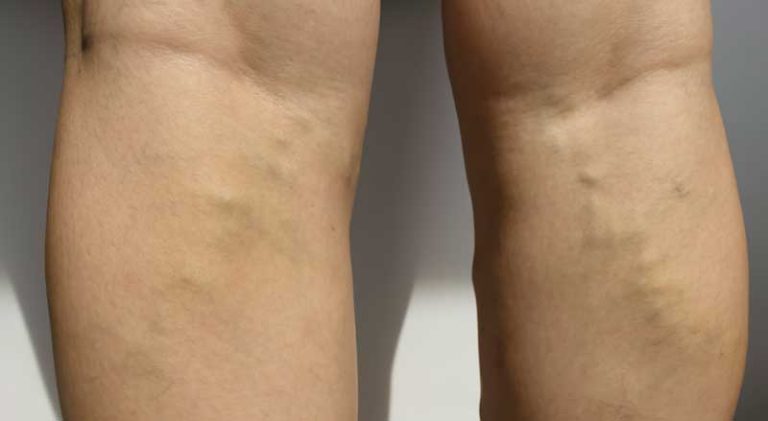ADVERTISEMENT
Lemon Water: Start your day with a glass of warm lemon water. This not only hydrates but also provides vitamin C to help strengthen vascular health. Squeeze half a lemon into a glass of warm water and drink it on an empty stomach.
Incorporate in Diet: Add lemon zest and juice to your meals, be it salads, teas, or fish dishes. This increases your overall intake of vitamin C and bioflavonoids.
Considerations and Cautions
Skin Sensitivity: Lemon juice is acidic and can irritate the skin, especially if you have sensitive skin. Always dilute it if you’re applying it directly and never apply it to open wounds or eczema.
Sun Sensitivity: Applying lemon juice can make your skin more sensitive to sunlight, increasing the risk of sunburn. Avoid sun exposure after applying lemon juice to the skin.
Medical Advice: While lemon can be a helpful natural remedy, it’s important to consult with a healthcare provider about the best treatment plan for varicose veins, especially if they cause discomfort or complications.
Conclusion
While lemons offer health benefits, including potentially improving the appearance of varicose veins through their vitamin C and anti-inflammatory properties, they are not a guaranteed or instant cure. Combining lemon treatments with other lifestyle changes like regular exercise, maintaining a healthy weight, and wearing compression stockings can provide more comprehensive results in managing varicose veins.
ADVERTISEMENT
